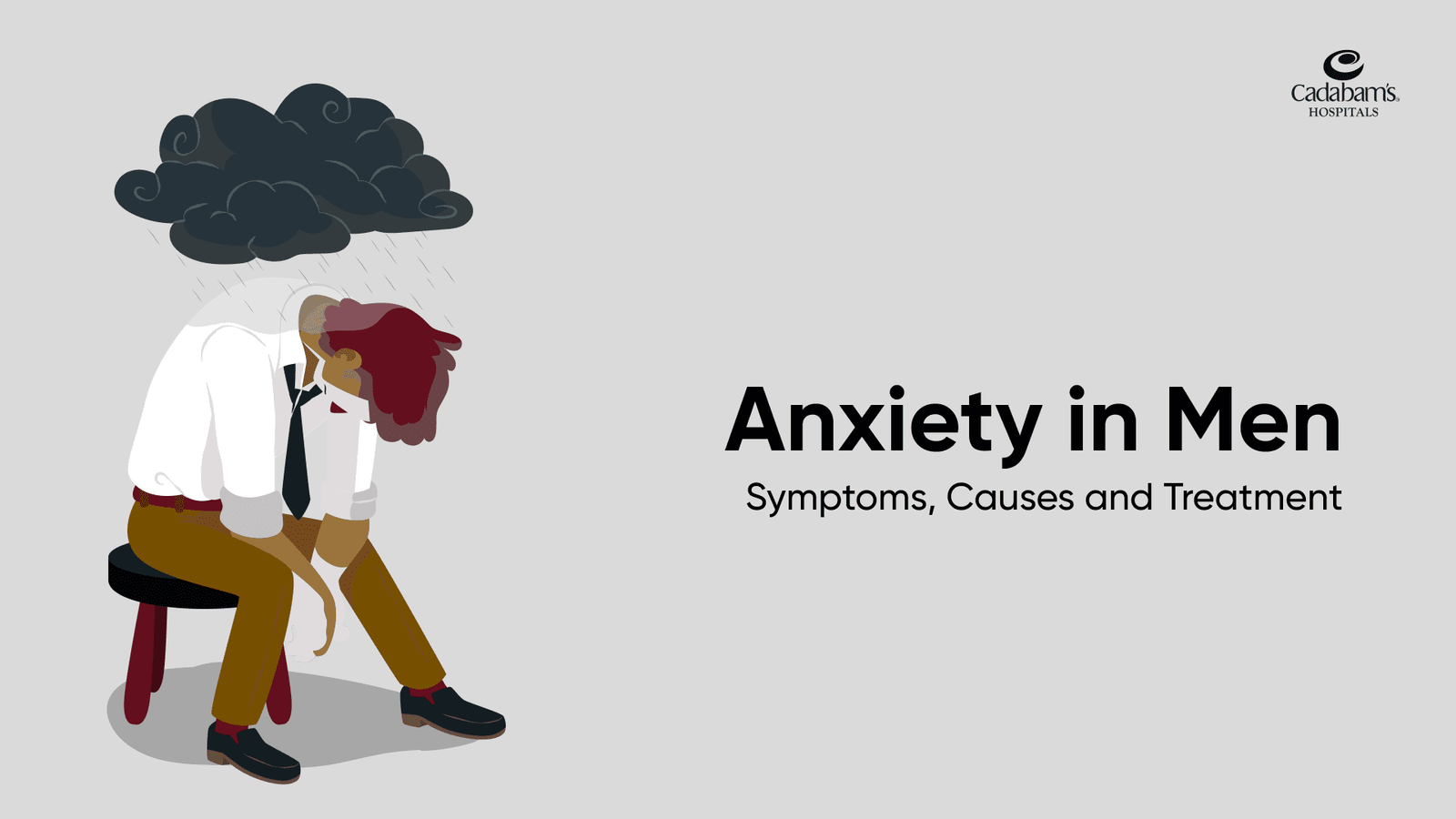
Understanding Depression and Anxiety: Key Symptoms and the Best Apps for Support
In today’s fast-paced and highly demanding world, many individuals struggle to maintain emotional balance. The growing awareness around mental health has highlighted just how common conditions like depression and anxiety have become. Recognizing early signs, understanding available support options, and using digital tools like a well-designed depression app can make a significant difference in one’s journey toward recovery.
These mental health conditions are not simply emotional responses to a bad day. They are serious challenges that can interfere with relationships, daily responsibilities, and even physical health if not addressed properly.
What is Depression?
Depression is more than feeling sad or disheartened for a few hours or days. It’s a medical condition that affects mood, thoughts, and body. People suffering from depression may struggle with daily activities and often find it hard to function normally without support.
Depression may be short-term or long-lasting. It can occur due to various reasons including trauma, genetics, hormonal changes, or persistent stress. Regardless of the cause, identifying symptoms early is essential to recovery.
Common Depression Symptoms
Recognizing the signs of depression is the first step toward healing. Some people may display outward signs, while others may keep their emotions hidden. The most commonly reported depression symptoms include:
Feeling persistently sad, hopeless, or numb
Loss of interest in previously enjoyable activities
Constant fatigue, regardless of rest
Trouble sleeping or sleeping too much
Difficulty concentrating or making decisions
Weight gain or loss not linked to lifestyle changes
Feelings of worthlessness or excessive guilt
Withdrawal from friends, family, or social events
These symptoms may vary in intensity and frequency, but even mild depression can interfere with a person’s quality of life. Seeking timely support can prevent the condition from worsening.
Understanding Anxiety and Its Effects
While often used together, anxiety and depression are separate conditions. Anxiety is characterized by feelings of intense worry, fear, or nervousness. Like depression, anxiety can be short-term or chronic and can affect emotional and physical well-being.
Anxiety can present itself in many forms, such as generalized anxiety disorder, panic attacks, or phobias. Although some anxiety is natural, especially before important events, consistent and excessive worry can lead to long-term problems.
How Apps Can Support Mental Wellness
In recent years, mobile technology has provided users with more options for tracking their mental health. These apps can serve as useful tools for self-monitoring, managing emotions, and promoting overall well-being.
The most effective mental health apps often include features such as:
Self-assessment quizzes and daily check-ins
Emotion and mood tracking systems
Guided breathing and calming exercises
Journaling prompts for emotional expression
Structured action plans for habit-building
Data visualization to identify patterns over time
These apps don’t replace therapy, but they offer daily guidance and reflection, especially for individuals who may not have access to professional care.
Read Also: Your Ultimate Guide to Massage Services in Miami
Building Emotional Resilience Over Time
Mental health is not just about treating problems it’s also about building strength to cope with future challenges. Daily routines, healthier thought patterns, and better self-awareness can help prevent emotional exhaustion and reduce long-term stress.
Digital tools help individuals stay consistent with emotional check-ins and recognize when support is needed. Over time, this contributes to better habits, more self-control, and a balanced mindset.
The Importance of Seeking Help When Needed
While self-help tools are valuable, it’s important to acknowledge when outside help is necessary. If emotional symptoms persist or begin to disrupt everyday life, consulting a mental health professional is critical.
Many people wait too long before seeking help due to stigma or lack of understanding. However, mental health is just as important as physical health and taking the first step can prevent long-term emotional harm.
Final Thoughts
Understanding how depression and anxiety impact our lives is crucial for healing. Today, individuals have more support options than ever before. From therapy to lifestyle changes to mobile apps, each tool plays a role in strengthening mental wellness.
Using a depression app can help track your mental patterns and offer insight into how you’re feeling over time. Identifying depression symptoms early and responding appropriately may reduce the intensity and duration of the condition. Similarly, recognizing anxiety symptoms allows individuals to seek guidance before the situation escalates.
Mental health challenges are real but with awareness, support, and the right tools, managing them becomes not only possible, but empowering.




